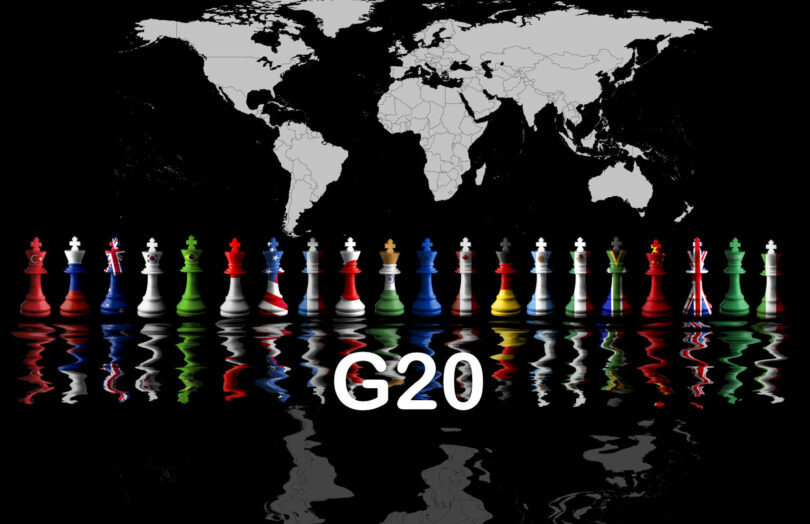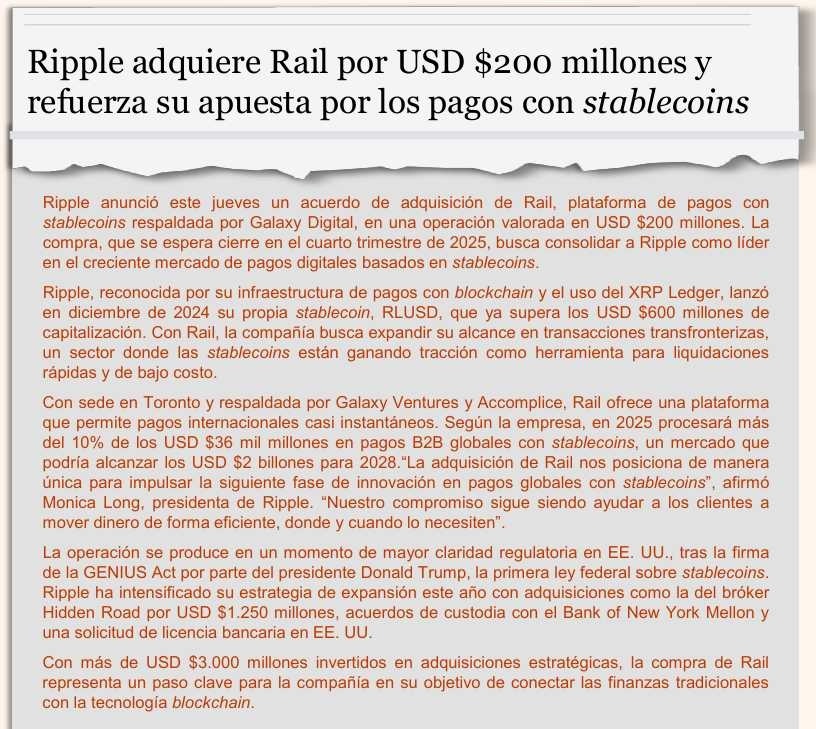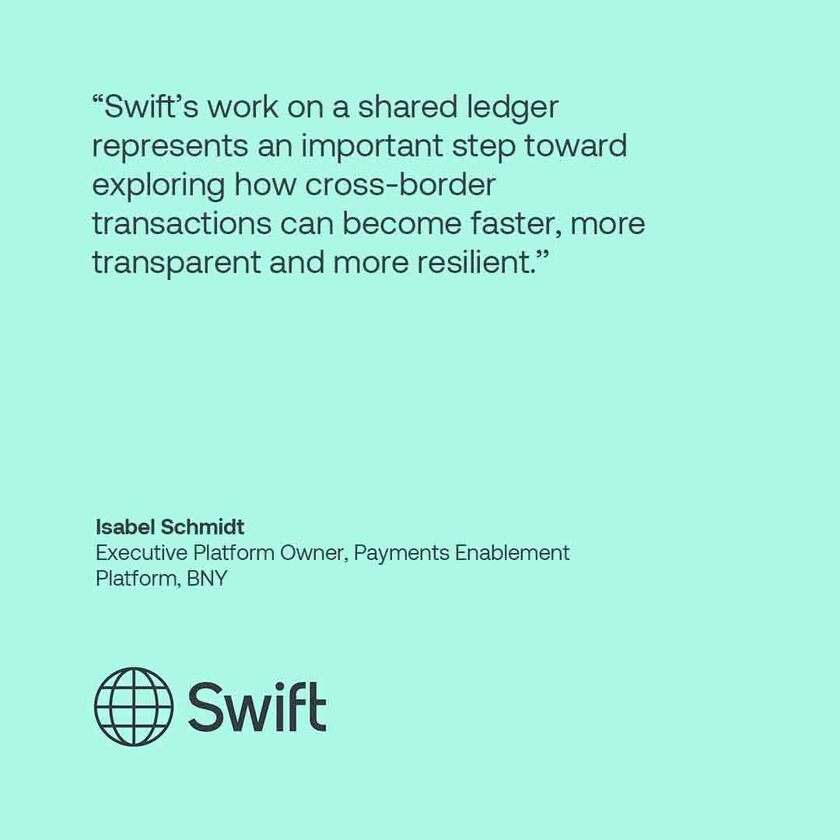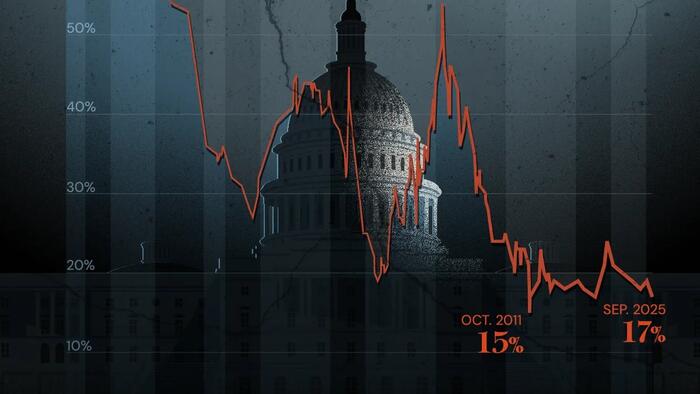The Bank for International Settlements (BIS) has been pretty supportive of tokenization, promoting the idea of the Unified Ledger where tokenized assets can be settled with tokenized money. Today the BIS and Committee on Payments and Market Infrastructures (CPMI) released a report for the G20 which takes an upbeat but sober view on tokenization, highlighting both the opportunities and the risks, as well as the role of central banks.
On the opportunity front, the stand out benefit is seen as the ability for a single platform to support functions that have been traditionally split (such as pre and post trade) as well as multiple types of assets and different parties. That reduces many frictions and costs, enabling transactions that previously weren’t possible. Plus the support for delivery versus payment (simultaneous exchange of the asset and money) helps with risk reduction.
It also steps through many potential risks beyond the conventional ones. In the early stages, as tokenization matures, there is some legal uncertainty as regulations get clarified.
The paper raised an interesting legal risk: In the United States, if a company goes bankrupt, its assets are frozen. However, that’s not the case regarding repurchase agreements (repos), which usually involve a company providing collateral in exchange for cash. The BIS notes that this advantage “may not extend to tokenised versions of repo transactions.”
Meanwhile, the authors highlight that more complex platforms which support multiple issuers and assets are likely to be more expensive to build. On the other hand, it’s less expensive to develop a single issuer or asset platform, but more likely to create siloed data which defeats the object of tokenization.
The role of central bankers
This potential proliferation of siloed systems and fragmentation highlights the need for central banks. Central banks can step in to coordinate efforts. Plus, given the propensity for payments and network effects, there’s a risk that a lack of competition between tokens could result in a “winner takes most” situation. That could mean the benefits of tokenization translate to higher profits rather than lower costs for end users. Central banks want end users to benefit from the potential economies of scale that a large platform could enable.
A second consideration is the role of the central bank in providing central bank money for the settlement of tokenized assets. The paper considers various options, including integrating existing payment systems and providing tokenized central bank money (wholesale CBDC) on a central bank platform or third party platforms. While tokenized deposits are moving forward, the BIS is concerned about the potential proliferation of stablecoins for settlement.
Third, is the potential need to monitor these new platforms. They want to assess which ones fall into similar a classification to traditional Financial Market Infrastructures (FMIs).
Finally, there’s the impact on monetary policy. For example, the use of tokenized deposits or a wholesale CBDC could change the balance between public and private money. If tokenization ends up fragmenting money, then this could affect the implementation of monetary policy.
The road ahead
“Tokenisation has significant potential to improve the safety and efficiency of the financial system,” Agustín Carstens, General Manager of the BIS.
”Central banks along with the private sector must continue to explore novel technologies and develop solutions that are fit for purpose for the future financial system. However, tokenisation also poses economic, legal and technical challenges that must be addressed if it is to fulfil its potential. The BIS is committed to exploring aspects of these challenges through its analysis and Innovation Hub projects in the years ahead.”
So far there’s an increasing number of central banks that are stepping in to provide a coordination role. These are highlighted as part of our new report on tokenized deposits.












 All while Pfizer—a company with a $2.3 billion criminal fine for fraudulent marketing, bribery, and kickbacks—was given blanket immunity from liability and billions in taxpayer dollars to produce a vaccine in record time with no long-term safety data.
All while Pfizer—a company with a $2.3 billion criminal fine for fraudulent marketing, bribery, and kickbacks—was given blanket immunity from liability and billions in taxpayer dollars to produce a vaccine in record time with no long-term safety data.
























